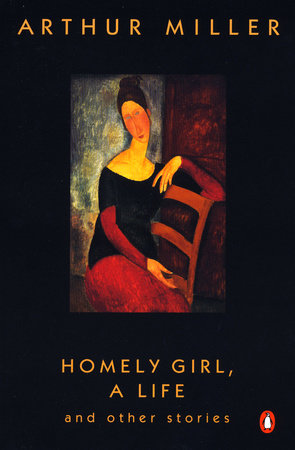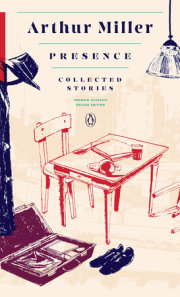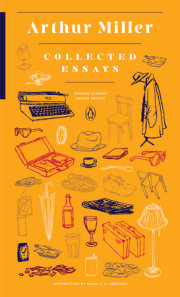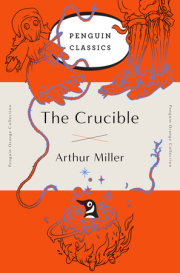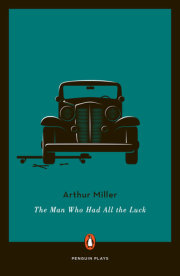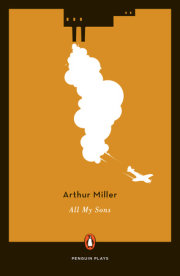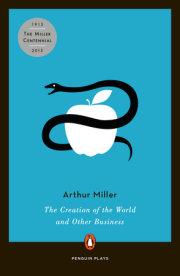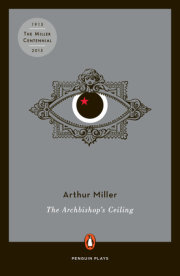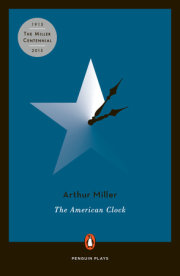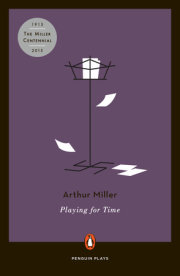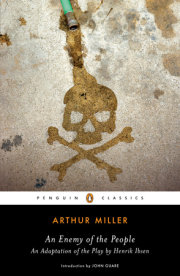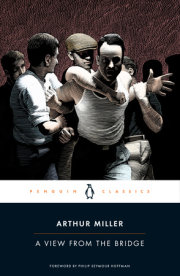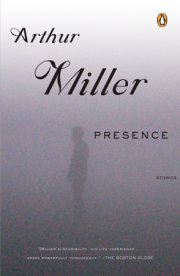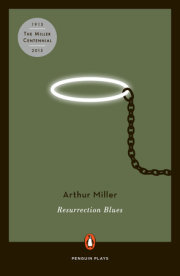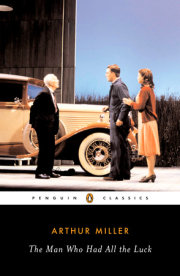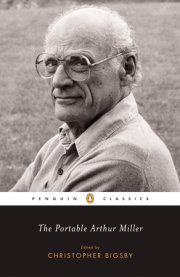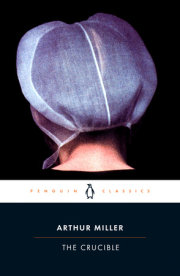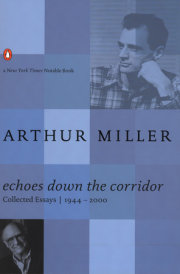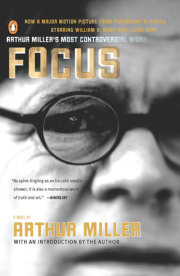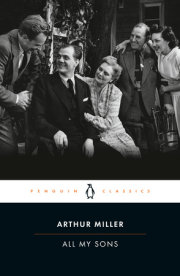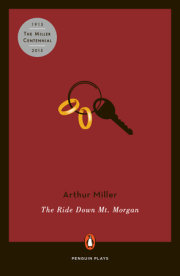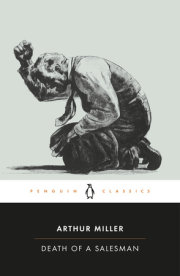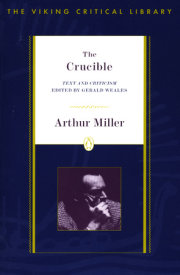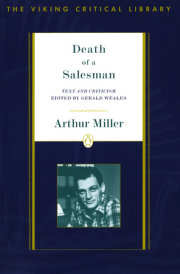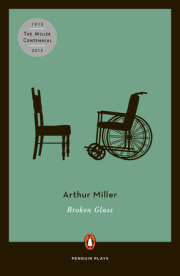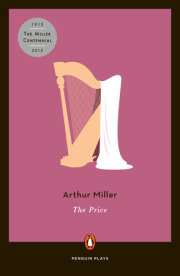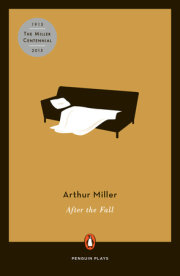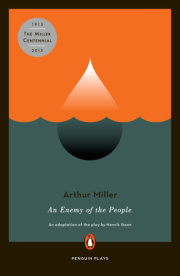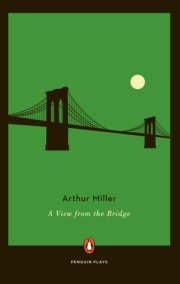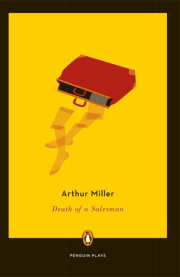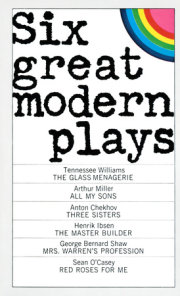In his long career, Arthur Miller has charted some of the most hidden aspects of the American character, and made us recognize ourselves. With
Homely Girl, A Life, he turns his attention to a smaller, more intimate, canvas, but one that in its deceptive delicacy still encompasses a vast range of human fears, ambitions, and desires. Janice—the eponymous homely girl—has hated her face ever since she was a child and her mother held up Ivory Snow advertisements to her, saying, "Now that is beauty." Homely she is, but also fiercely herself. Still,it is not until she falls in love with a blind musician that she feels her full nature unfold in this exquisite portrait of a woman finding a language to describe herself.
Flanked by two stories also set in Manhattan, "Fame" and "Fitter's Night," Homely Girl, A Life pays homage to a city constantly reinventing itself—and to the classic Miller themes of work, honor, and identity.
"Chekhovian . . . deserves praising to the top of the highest skyscraper for its humanity, wit, depth" —A.N. Wilson

